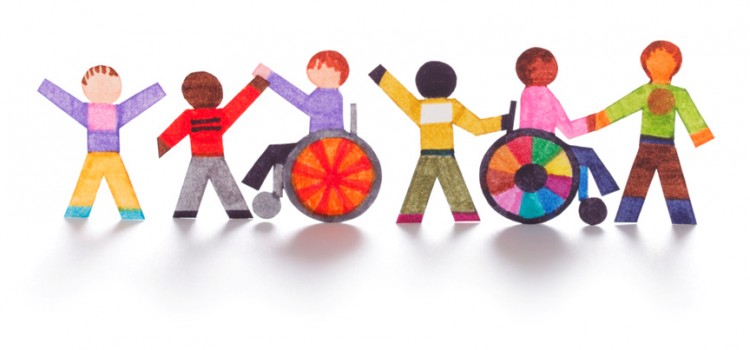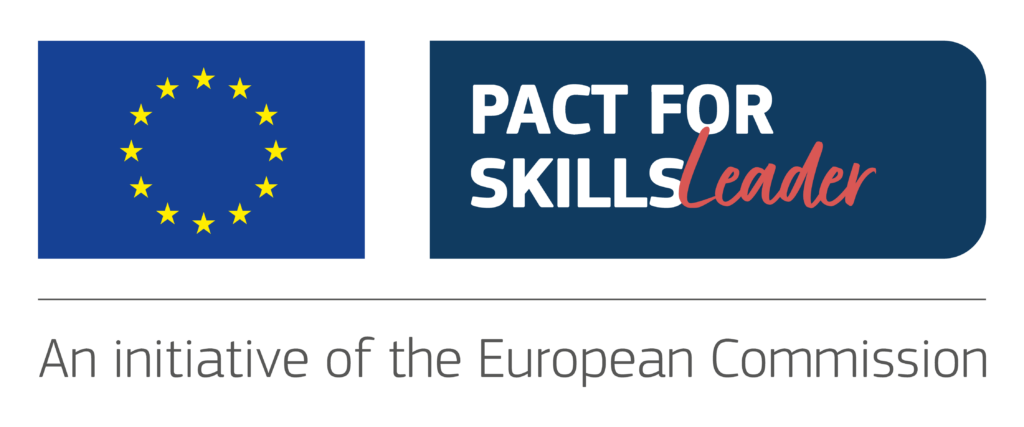Inclusive classroom: Special Needs Education
Inclusive classroom: Special Needs Education

Inclusive classroom: Special Needs Education
best practices
This immersive 7-day course equips teachers with the knowledge and practical skills to foster an inclusive classroom environment, ensuring that all students, regardless of their abilities or backgrounds, are fully supported in their educational journey. Designed for educators from primary, secondary, vocational, and adult education, this course integrates real-world teaching methodologies with a strong focus on inclusion, diversity, and intercultural exchange.
Course Highlights:
– Level 7 EQC Certification: Attendees will receive a prestigious Level 7 EQC Certificate, Europass Certificate Supplement, and 10 transferable ECVET points, enhancing their professional qualifications.
– Hands-on Learning: This course prioritizes experiential learning, with a strong focus on practical classroom management strategies for inclusive education.
– ICT Integration: Participants will create lesson plans and resources that effectively integrate technology, enriching both their own skillset and their students’ learning experiences.
– Cultural and Social Engagement: In addition to pedagogical training, participants will explore the rich cultural heritage of Kalamata, with visits to historical sites such as Ancient Messini. These outings offer a unique opportunity to blend education with culture and history, all while fostering European identity.
Course Objectives:
By the end of the course, participants will:
– Master key inclusive education terminology and concepts.
– Engage with cutting-edge methods for managing diverse classroom dynamics.
– Gain peer-teaching and collaborative learning skills to enhance classroom cohesion.
– Improve communication skills in English, particularly in educational settings.
– Develop and apply ICT tools for lesson planning and inclusive teaching.
– Boost their motivation and satisfaction in their daily teaching practices.
– Build a network with educators from across Europe, sharing experiences and best practices.
– Deepen their understanding of European citizenship and intercultural awareness.
Focus Areas:
This course tackles the educational needs of students with:
– Learning difficulties (e.g., dyslexia, dyscalculia)
– Communication and language disorders
– Intellectual and sensory disabilities
– Attention Deficit Hyperactivity Disorder (ADHD)
– Autism and emotional disorders
– Disabilities such as Down syndrome
Special attention will also be given to dealing with marginalized groups, such as Roma students, and strategies to prevent early school leaving.
Tailored to Your Needs:
– The course is highly customizable, starting with a pre-course questionnaire to ensure that training is adapted to each participant’s needs and experience.
– After the course, you’ll receive comprehensive materials, lesson plans, and resources to implement in your own classroom.
Duration and flexibility:
The course is typically 7 days at a cost of €560, but adjustments can be made for shorter or longer courses depending on grant requirements.
Venue and flexibility:
We offer our standard courses at Kalamata, a nice sea-side city in the south of Greece famous for its eponymous olives and olive oil.
It’s a quiet top golf destination and the Telegraph has included it in Europe’s 13 must-visit cities. Here’s a taster video: https://www.youtube.com/watch?v=i9lpkTfvR8Y&ab_channel=%CE%94%CE%AE%CE%BC%CE%BF%CF%82%CE%9A%CE%B1%CE%BB%CE%B1%CE%BC%CE%AC%CF%84%CE%B1%CF%82
Would you like to know what else you can in Kalamata? Check this site: https://experienceskalamata.com/
But, would you like to have the course at another part of Greece or country? Drop us a line to see what we can do for you!
Course confirmation
We have never canceled a course. We offer our standard courses only at our headquarters in Kalamata and only a few times per year. As a result, on top of being able to offer quality services all around, we do not have to meet any certain number of participants to cope with expenses.
Join a European Community:
As part of a European-wide initiative, this course offers you a valuable opportunity to collaborate with peers from across Europe, contributing to your professional growth while deepening your European identity.
Available Dates
- 2025
- 16.02.2025 – 22.02.2025
- 04.05.2025 – 10.05.2025
- 06.07.2025 – 12.07.2025
- 02.11.2025 – 08.11.2025
- 2026
- 26.04.2026 – 02.05.2026
Accommodation
During your stay here you can stay wherever you want. However, we do propose accommodation, which we can book for you and from which we offer free transfers to all course sites and activities.
Pre-payments
We do not ask for money upfront. You can pay whenever you want including when you arrive here.




